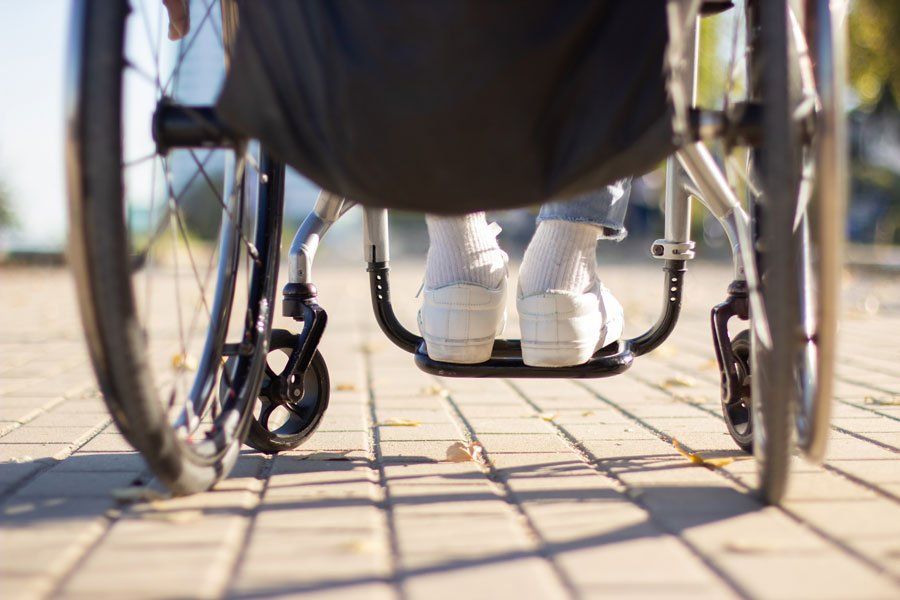Tips to Help You Determine Fault in a Car Accident
Navigating the aftermath of a car accident can be a complicated and challenging affair. As the dust settles, an essential question arises to determine who is at fault in the incident. Determining liability is critical as it dictates which party is responsible for the damages incurred during the accident.
If you find yourself on the victim's side, successfully proving fault can mean the difference between securing fair compensation for your losses or bearing those burdens yourself. Let's discuss how you and your attorney will prove fault in a car accident.
Traffic Laws
In automobile accidents, traffic laws are vital in deciding who is responsible and who must pay the damages. It is much easier to prove carelessness and blame for an accident when one side blatantly breaks traffic laws. Regarding traffic violations, such as speeding, failing to yield, or violating a stop sign, these laws establish the criteria for identifying who is at fault.
Your attorney will study the relevant traffic rules to establish fault in a vehicle accident case. To accomplish this, your attorney will look into model jury instructions, Department of Motor Vehicle (DMV) regulations, and applicable state and municipal laws. These statutes define the driver's responsibilities and the criteria for assigning blame.
When communicating with adjusters or counsel in court, your attorney can show that you comprehend the relevant laws and bolster your case for responsibility by referring to these statutes by name.
Collected Evidence
Accumulate all relevant facts to establish liability in a vehicle accident. Witness statements, phone numbers, and physical evidence discovered at the site can fall under this category.
The opinions of eyewitnesses are vital in establishing responsibility because they offer a new angle on the events leading up to the catastrophe. Speak with eyewitnesses at the accident scene to document their observations and give you their contact details. This can give an unbiased account of what happened, which will strengthen your case.
You can find physical proof of wrongdoing by looking at the crime scene. Things like the damage to the cars involved can fall under this category. Take careful notes of this damage before you get the car fixed.
Take pictures of the location of the accident to document it, including the road debris, surrounding traffic signs, and the accident itself. Shooting from various perspectives and incorporating an easily measurable object, like a dollar bill, within the shot can also aid with scale.
Police Report
The police report includes the eyewitnesses' and both parties' statements regarding the accident and the officer's observations. The investigating officer may also provide his or her thoughts on what led to the collision.
Included in a police report can be objective evidence like skid tracks or traffic tickets that one of the people involved received. Whether or not intoxication played a role in the accident is another possible detail they reveal. These specifics can serve as crucial evidence in establishing liability for the accident.
Get a duplicate of the accident report from the police without delay. Even if no officer arrived at the scene of the accident, you might be able to get a copy of the accident report once the police investigate.
Having an incident report on file demonstrates that you handled the problem seriously and completed the required actions, which increases the likelihood that insurance companies will pay out damages. When witnesses are hard to get in touch with, the details provided by the police report become more important.
You do not have to try to navigate the complexities of proving fault after a car accident alone. Trust our skilled legal team at The Law Offices of James B. Gillespie, Jr., PLLC, to bolster your chances and help you secure the fair compensation you deserve. If you are from Southeastern North Carolina,
contact us to understand how we can help you get the right compensation for car accident damages.

